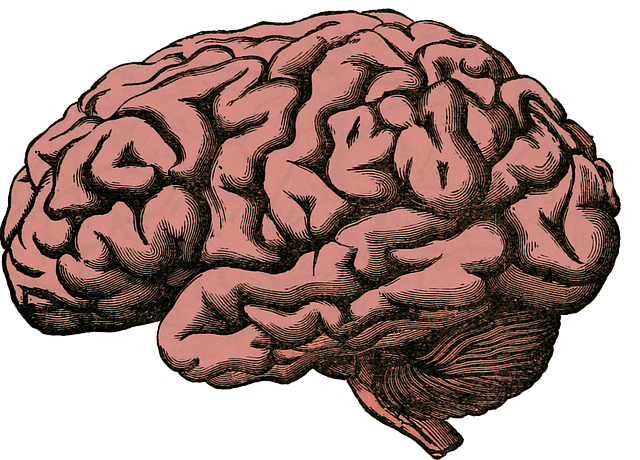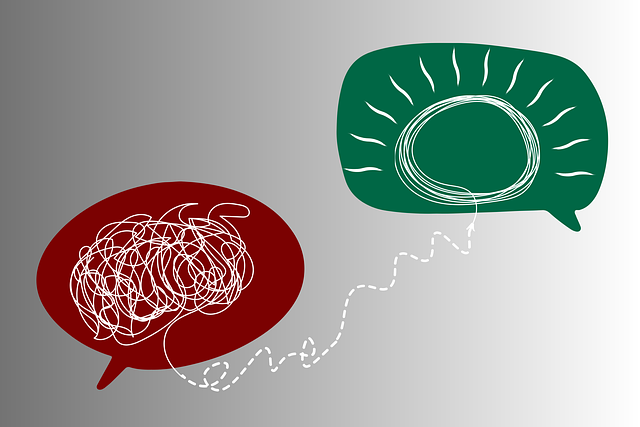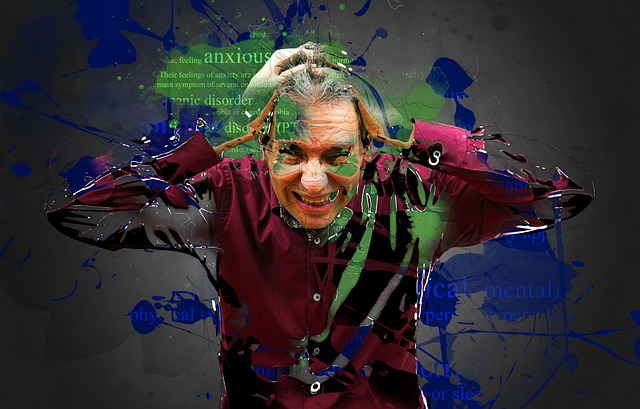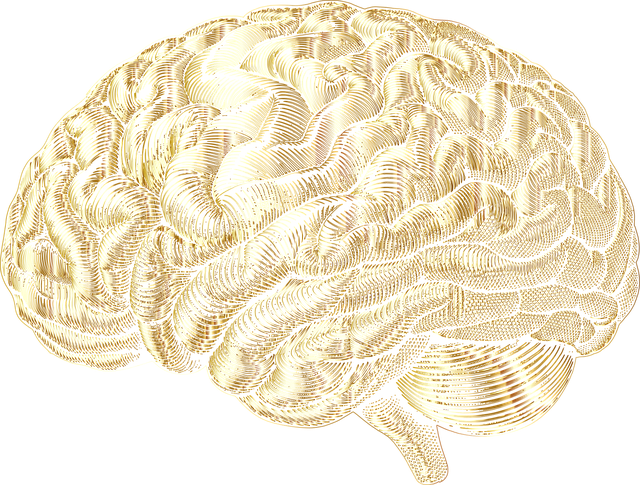Understanding loss, grief, and bereavement is crucial for recognizing the need for counseling, especially through Golden Geriatrics Therapy, tailored for elderly individuals. This therapy addresses unique challenges such as social isolation and health concerns, enhancing emotional processing and coping strategies through techniques like reminiscence therapy. Professionals conduct thorough risk assessments to provide culturally sensitive care, validating emotions and offering safe expression. Integrating emotional intelligence builds resilience by recognizing and understanding emotions, with proactive interventions for depression and community outreach programs supporting broader healing and support.
Loss, grief, and bereavement counseling are essential aspects of emotional healing after a significant loss. This article explores these complex topics, emphasizing the need for specialized support, particularly for elderly individuals. We introduce Golden Geriatrics Therapy, an innovative approach tailored to navigate the unique challenges faced by seniors during the grieving process. By understanding loss and its impact, we can implement effective strategies in grief counseling, offering comfort and guidance to those in need.
- Understanding Loss, Grief, and Bereavement: The Need for Counseling
- Golden Geriatrics Therapy: An Approach Tailored for Elderly Individuals
- Effective Strategies in Grief Counseling: Supporting the Grieving Process
Understanding Loss, Grief, and Bereavement: The Need for Counseling

Understanding loss, grief, and bereavement is a vital step in recognizing the need for counseling among those affected. Loss can stem from various sources, such as the passing of a loved one, major life changes, or even unexpected events. Grief, the emotional response to loss, is a natural process but can be overwhelming, leading to prolonged sorrow and distress. Bereavement, the period after a significant loss, often presents unique challenges, especially when individuals struggle to adjust to their new reality.
Golden Geriatrics Therapy plays a crucial role in navigating these complex emotions. Counseling provides a safe space for individuals to process their feelings, remember their loved ones, and find healthy coping mechanisms. Through professional guidance, those in bereavement can learn effective mood management techniques, engage in mental wellness journaling exercises, and receive support tailored to their unique experiences. Public Awareness Campaigns Development can further enhance understanding, ensuring that people know when and where to seek help for grief-related issues, ultimately promoting resilience and healing.
Golden Geriatrics Therapy: An Approach Tailored for Elderly Individuals

Golden Geriatrics Therapy offers a specialized approach to grief counseling tailored for elderly individuals. This therapy recognizes that older adults often face unique challenges when dealing with loss and bereavement, including social isolation, health concerns, and cognitive changes. By focusing on their specific needs, this therapeutic method enhances their ability to process emotions, improve self-awareness exercises, and develop coping strategies.
The approach incorporates techniques such as reminiscence therapy, which encourages sharing of life stories and memories, fostering a sense of belonging. Additionally, it emphasizes stress management, helping them navigate the emotional turmoil associated with loss. Mental health professionals engaging in Golden Geriatrics Therapy also conduct thorough risk assessments to ensure they provide culturally sensitive care while addressing any potential mental health risks within this demographic.
Effective Strategies in Grief Counseling: Supporting the Grieving Process

Grief counseling involves a range of strategies to support individuals through the complex process of bereavement. One effective approach is Golden Geriatrics Therapy, which focuses on validating and normalizing the griever’s emotions, offering a safe space for expression. This therapy encourages clients to share their feelings, memories, and concerns, fostering a sense of comfort and understanding. By employing techniques like active listening, empathy, and open-ended questions, counselors enable individuals to process their loss and navigate the stages of grief in a healthy manner.
Additionally, integrating emotional intelligence into counseling sessions equips clients with valuable skills to manage their emotions. This involves recognizing and understanding feelings, both one’s own and others’, which is crucial for building resilience during times of profound change. Moreover, addressing potential depression symptoms through proactive interventions, such as encouraging engagement in meaningful activities or referring to specialized programs, can significantly aid in the healing process. Community outreach program implementation can also extend support beyond individual counseling, creating a network of understanding and care within the broader community.
In addressing the complex topics of loss, grief, and bereavement, it’s clear that specialized counseling plays a vital role in helping individuals navigate these challenging stages. The article has explored the importance of understanding these processes and introduced innovative approaches like Golden Geriatrics Therapy, tailored for elderly individuals. By combining empathy with evidence-based strategies, counselors can effectively support the grieving process, offering solace and a path to healing. This comprehensive approach ensures that those dealing with loss receive the compassionate care they need during this difficult time.








